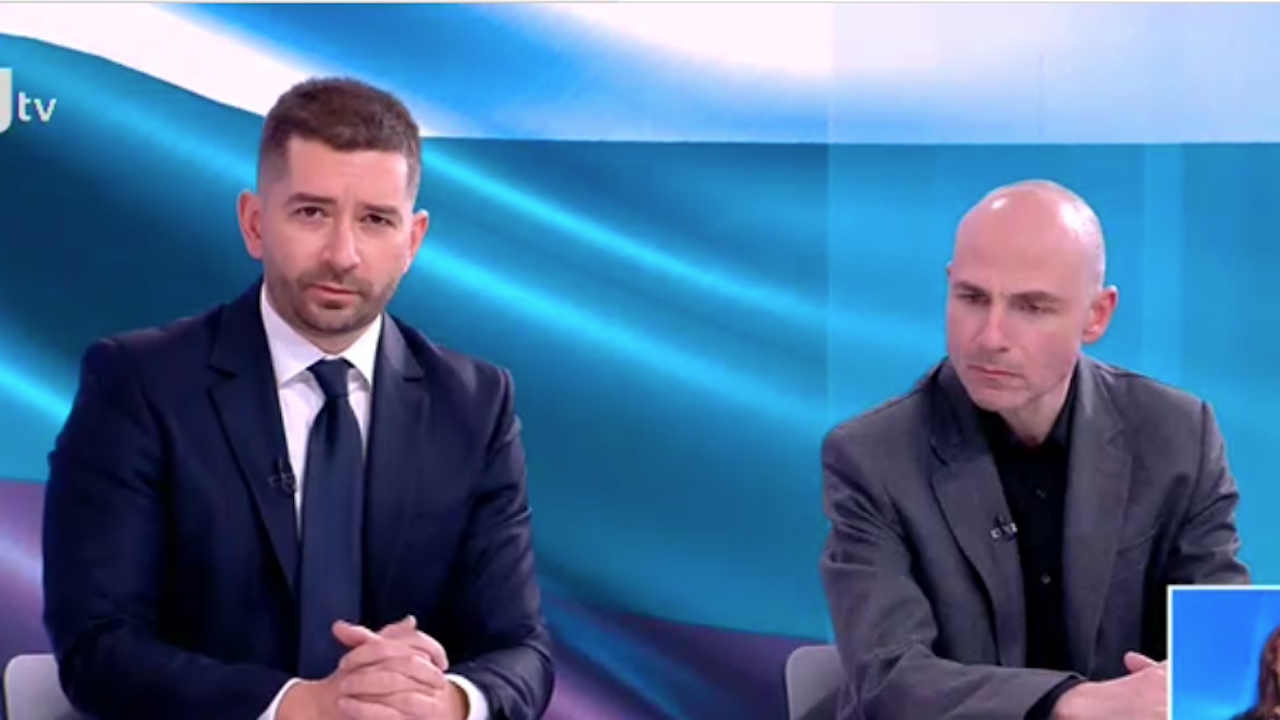BRUSSELS (Aftenposten): In crisis after crisis, the EU has shown its worst side. But this weekend, EU countries spent 48 hours demonstrating a force for action that can change Europe forever.
—
NEWS ANALYSIS: «How Putin made the EU great again», wrote the news site Politco Sunday after one of the most epoch-making days in European post-war history.
Europe, and EU cooperation, will never be the same again. What the EU countries have spent years arguing about was blown away overnight.
But the weekend’s dramatic events also dressed Europe’s self-proclaimed leader, Emmanuel Macron, naked.
A foreign policy revolution
The most sensational turnaround operation took place in Berlin on Sunday morning: Europe’s most powerful country, Germany, decided to change its foreign and security policy overnight.
That policy had been fixed since the post-war period.
Federal Chancellor Olaf Scholz’s speech in the Bundestag was historic. With the dead Germany’s declared “cheese policy”, ie Germany’s bridge-building role between East and West during the Cold War.
It also buried Angela Merkel’s political ambition to ensure the competitiveness of German business with its powerful neighbor to the east.
Turned his back to
In his speech, Scholz announced that 2 percent of Germany’s gross domestic product (GDP) will be spent on defense. This means transfers of 100 billion euros over the state budget.
For years, NATO – and not least Donald Trump – has been trying to get Germany to spend more money on defense. Merkel resisted. Chancellors before her did the same. Germany’s role in World War II has always guided German defense policy.
The day before, Scholz had announced another milestone: Germany would send weapons and other supplies directly to Ukraine.
A few weeks ago it was unthinkable. At that time, only the United States, Britain and neighboring Eastern European countries sent weapons to Ukraine. Germany and France settled for helmets.
This was followed by EU foreign ministers, who agreed to allocate 450 million euros from the EU’s common budget to arm Ukrainian soldiers. It is the first time in history that something like this has happened.
Prestige product shelved
On Saturday, the prestigious project Nord Stream 2, the gas pipeline that was to ensure a stable energy supply from Russia to Europe, was also buried for good. This was Merkel’s baby. She insisted that the gas pipeline should never be a card in a big political game.
This was and must be “pure business”, she claimed. This weekend, that policy was also shelved.
No longer Putin’s husband
In Brussels, work was also done in high gear. EU foreign policy requires unanimity. Therefore, the fear was that “the usual suspects”, ie the countries that for political or economic reasons almost always oppose, could delay or torpedo the economic sanctions against Russia.
Among them was the President of Hungary, Viktor Orban. He is Putin’s strongest supporter in Europe.
But when the EU’s notorious brake and troublemaker also stood behind the sanctions package, the EU was able to show unity and action when it mattered most.
Action power at speed
First came the economic sanctions package, the most perceptive in EU history. It was also the most difficult to agree on. Germany, Italy and Belgium were among the EU countries that slowed down.
- The Germans feared the consequences for German business, the energy market and car production.
- Belgium has a large diamond trade with Russia, run by Orthodox Jews in Antwerp.
- Italy feared the luxury market for clothes and shoes, where Milan is inhabited by rich Russians and Chinese.
But the final declaration from the EU was unanimous. And the most painful tool was used: the EU chose to throw Russian banks out of the payment and bank transfer system Swift. It affects not least the circle around Putin and his rich oligarchs.
Over the weekend, several sanctions came on the conveyor belt, including the unanimous decision to close the EU airspace to Russian planes and to take Russia’s English-language propaganda channel, Russia Today, off the air.
From crisis to crisis
It has been a long time since the EU countries have shown similar action. There is no need to turn back time more than two years ago, when the EU groped in the first phase of the covid crisis.
The union failed to agree on joint aid and medical equipment for Italy and Spain, the countries hardest hit in the beginning. Instead, Chinese transport planes were seen landing at the airport in Milan with medical equipment the EU countries were unable to deliver. Then the quarrel over vaccines overshadowed the next phase.
EU countries are still arguing about how to redistribute migrants after the refugee crisis in 2015.
EU leaders will probably also not be reminded of how they argued for years about economic crisis packages for the countries hardest hit by the euro crisis. It was about to crack both the EU and the euro.
And then we have not mentioned Brexit. Even though the EU countries stood together and the British disappeared: the EU still uses enormous forces to quarrel with the British, who want a rematch for parts of the agreement. The EU is stuck in a quagmire, where Britain threatens to unilaterally withdraw from the important Northern Ireland protocol.
The biggest loser
But in what now appears to be a strong EU, one player is struggling: Emmanuel Macron’s dream of freeing the EU from NATO, strengthening the EU’s strategic autonomy and building a European army will probably end up as a distant dream for France’s ambitious president.
Never has the EU had a greater need to strengthen transatlantic cooperation. Releasing ties to the United States now seems like galimatias.
What should give Macron extra traction in the presidential campaign, thus probably does the opposite. France will also chair the EU presidency this semester. But the war in Ukraine overshadows both the French leadership and the French election campaign.
On the other hand, the EU may finally seem to have shown action when it mattered most.
–


